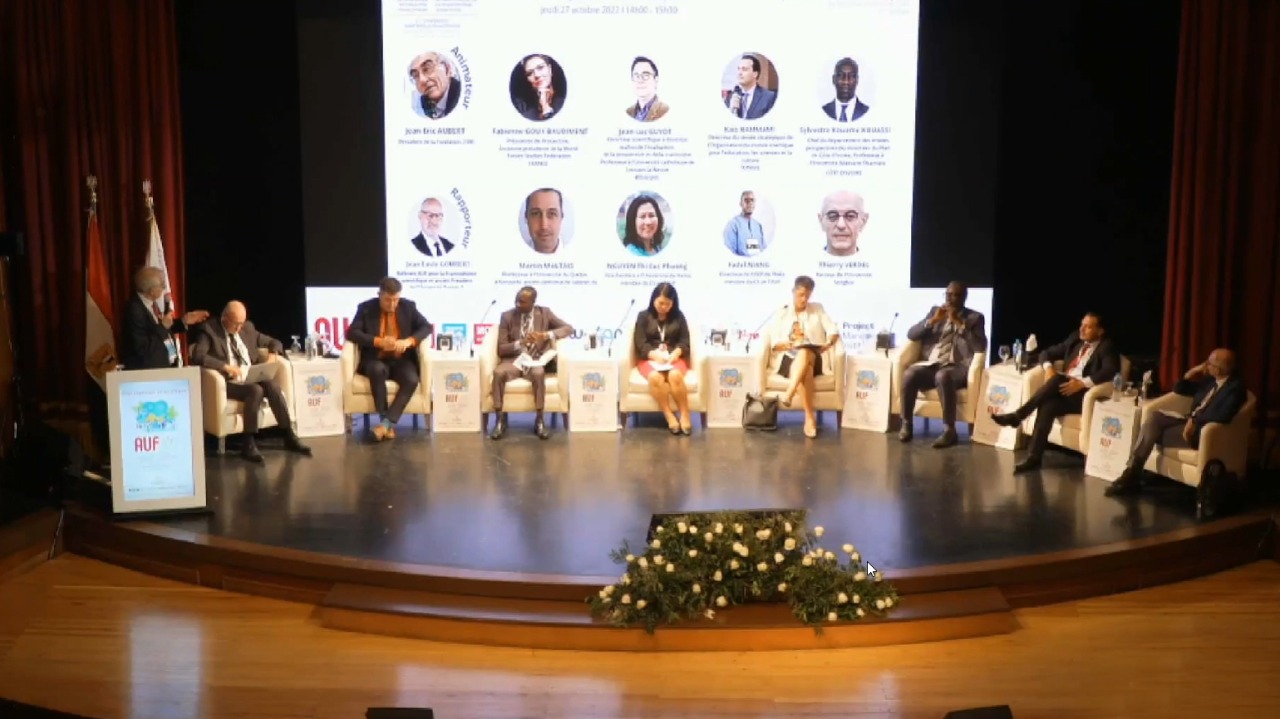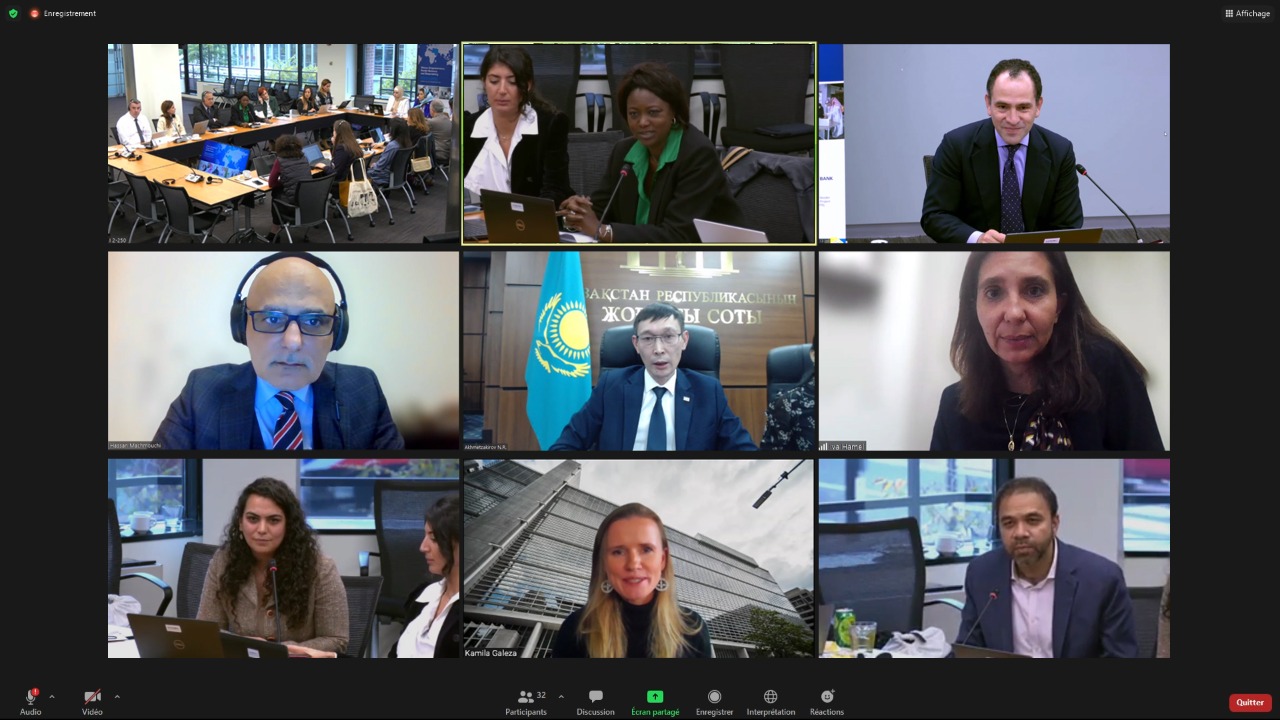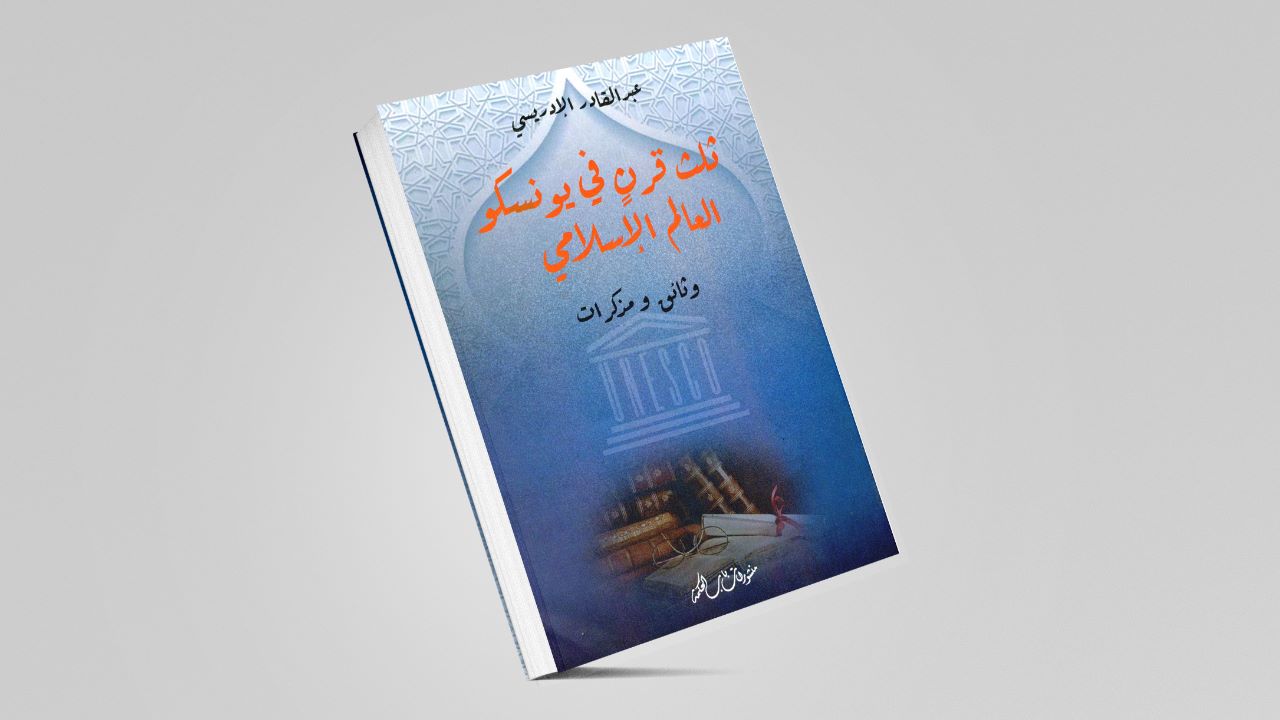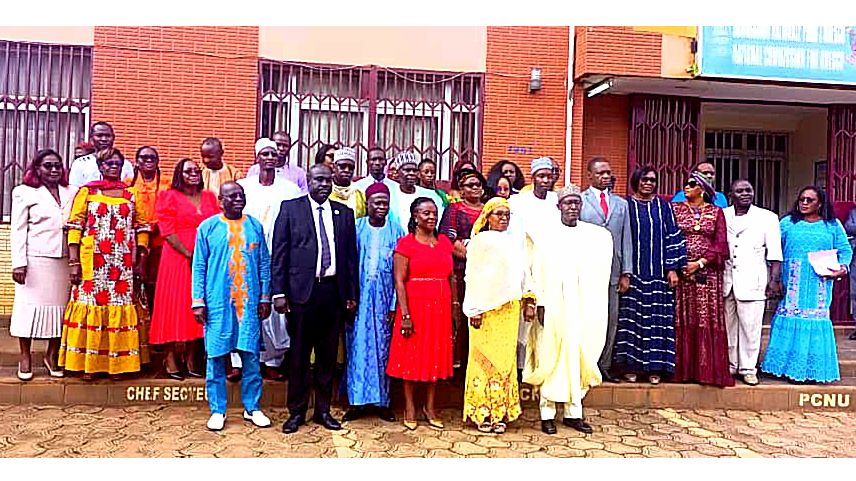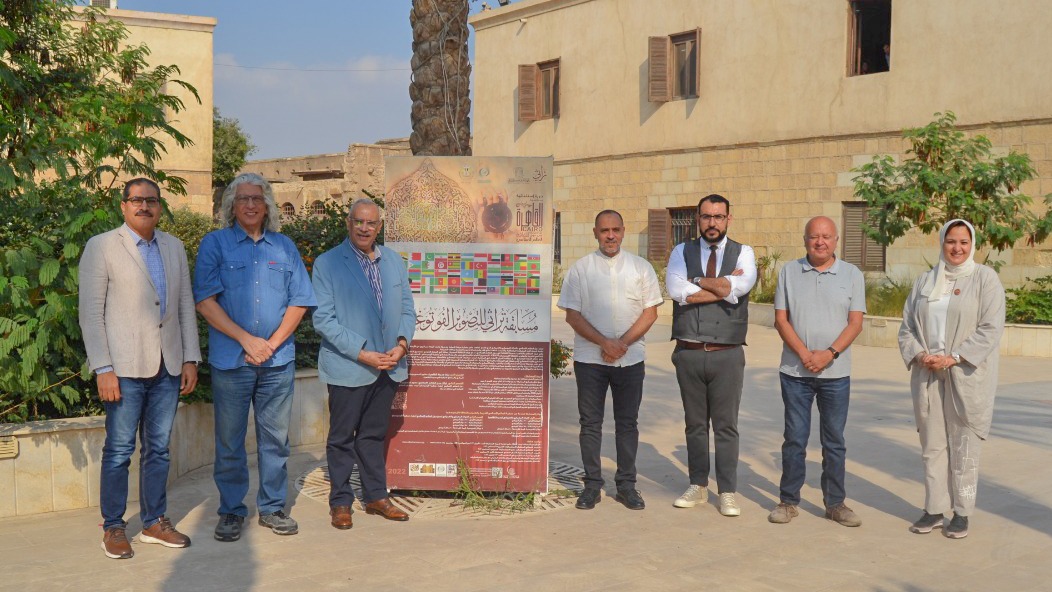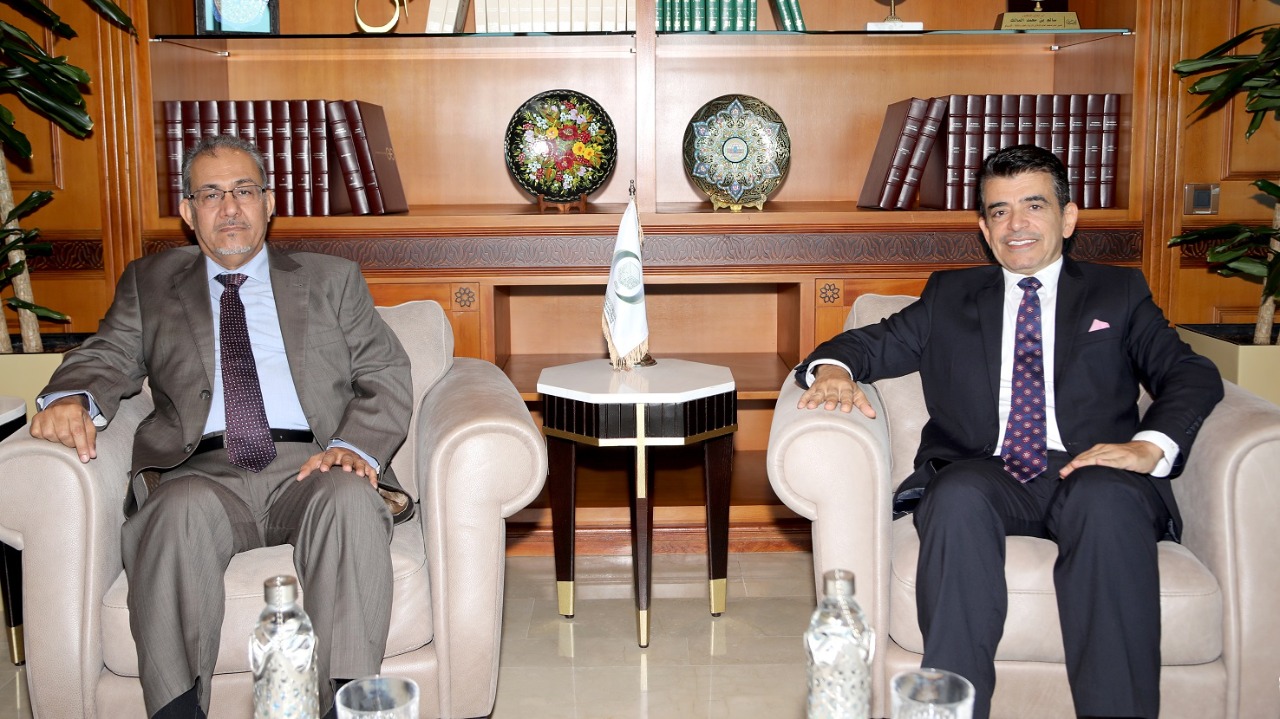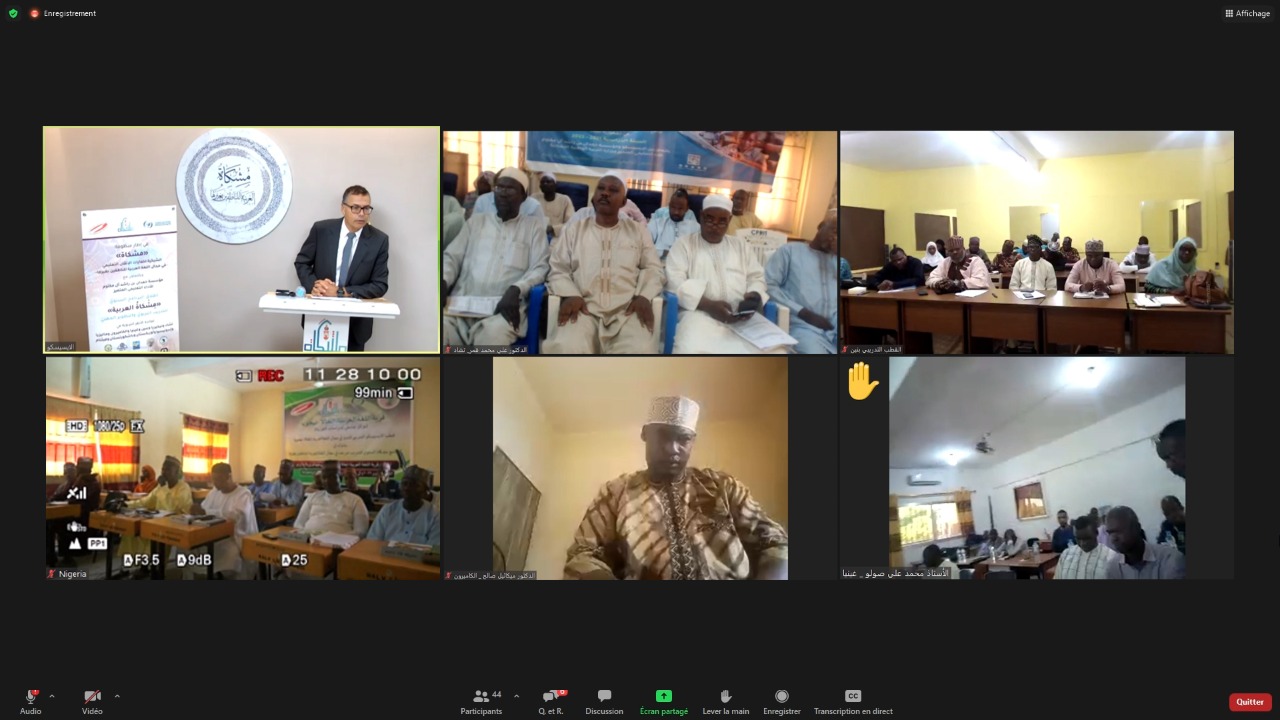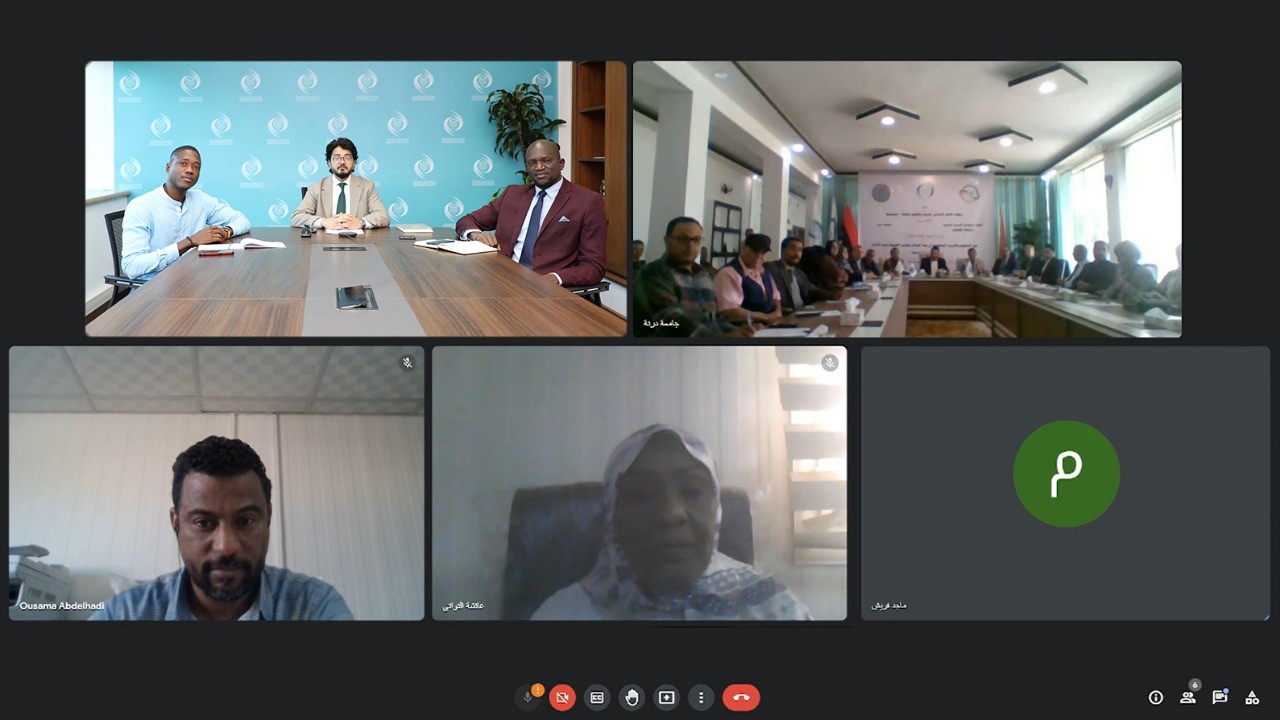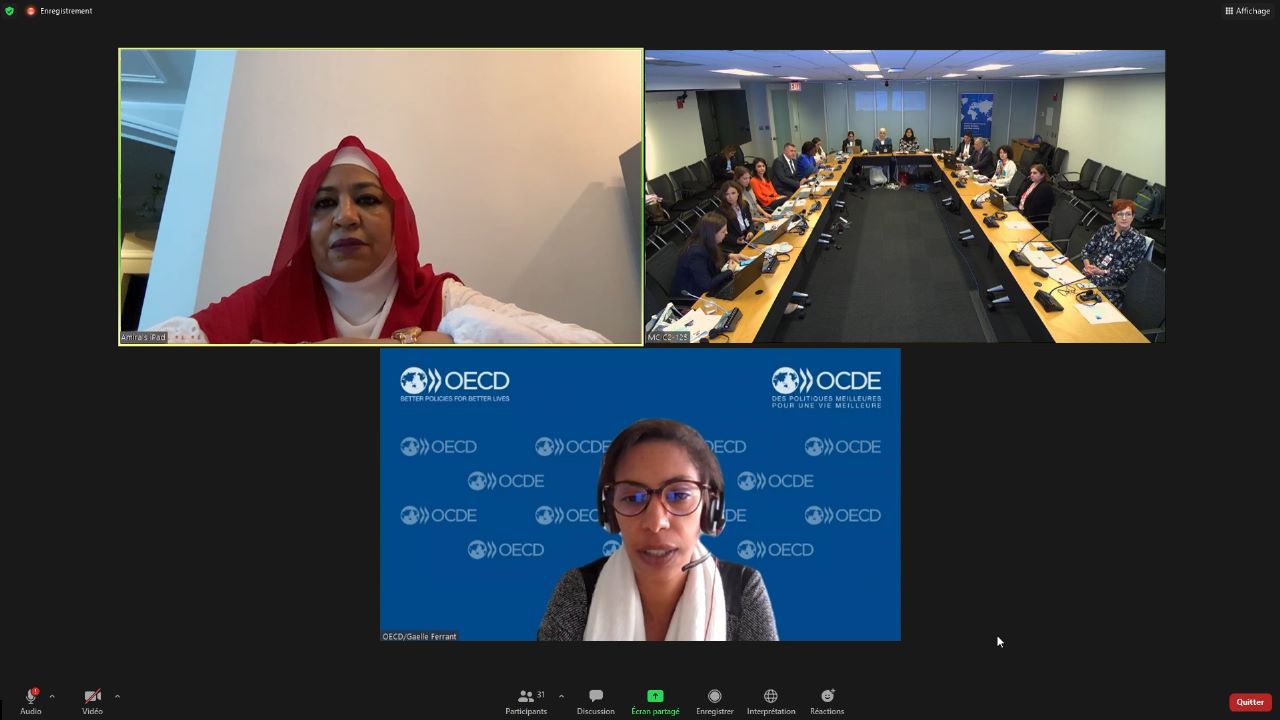New Book: ICESCO’s Third Major Take-Off Confirms that its Future Rests Upon Solid Foundations and Innovative Thinking
A recently published book in the Kingdom of Morocco lauded the development and modernization that the Islamic World Educational, Scientific and Cultural Organization (ICESCO) has witnessed at the level of its management, programmes, action plans, mindset innovation, foresight, and openness. The book noted that this overhaul has enabled the Organization to cleverly handle regional and international changes, and efficiently meet the needs of its Member States, thus pushing it forward in an unprecedented manner, and placing it among the pioneering regional organizations.
In his book entitled: “A Third of a Century at the UNESCO of the Islamic World,” Professor Abdelkader El Idrissi, devoted an entire chapter to the ‘new ICESCO,’ which began with Dr. Salim M. AlMalik assuming the position of Director-General of the Organization, following his election during the Third Extraordinary Session of ICESCO’s General Conference. which was held in King Abdullah Economic City in the Kingdom of Saudi Arabia on May 9-10, 2019.
“Over the last three years, ICESCO modernized its management, programmes, action plans, major civilizational projects, mindset, innovation, and future planning. Broad horizons then opened up to the Organization, reinforcing its engagement with and integration into the international environment, and enhancing its interaction with human cultures. This enabled ICESCO to handle regional and international changes cleverly and wisely, and meet the needs of its Member States to enhance their capabilities in its areas of competence as part of a three-year action plan. This has pushed ICESCO forward, in an unprecedented manner, and has placed this prestigious and developed Organization among the pioneering, successful and distinguished regional organizations,” stated the author in the chapter entitled “Broad Horizons Opened up to the New ICESCO.”
The author pointed out that: “These tremendous efforts, which were exerted at the beginning of the third phase, have come to fruition with the help of Allah the Almighty and thanks to Dr. AlMalik, who turned his position of ICESCO Director-General into a conscious and wise intellectual leadership for joint Islamic action in the fields of education, science and culture that supports comprehensive sustainable development in all countries of the Islamic world.”
Professor El Idrissi explained that these efforts would not have been fruitful and effective in building and strengthening the capacities of Member States, had it not been for Dr. AlMalik’s finely honed skills in leading implementation and management operations, and his strong know-how in terms of planning, management, problem-solving, and creative thinking. These are the main thrusts of the new vision that he adopted as an approach for action, a basis for building, and a pillar for the practical and concrete strategy. These are the principles that inspired his early steps and are still guiding his work.
In his chapter on the ’new ICESCO,’ which is entitled “Objectives that Keep Pace with Changes,” the author delves into the phases of the overhaul that the Organization has witnessed, emphasizing that the six objectives outlined in ICESCO’s Charter, which was approved by the Executive Council at its fortieth session in Abu Dhabi during in January 2020, draw an accurate road map for the Organization and determine its functions. He also discussed the development of ICESCO’s procedures and measures, which represents a revamp in concepts, terms and visions, and reflects a renewed innovation and creativity in implementation, forward-looking leadership for teamwork, and a qualitative shift in the Organization’s programmes and projects.
The author noted that the Organization’s new name ‘ICESCO’ (Islamic World Educational, Scientific and Cultural Organization) is in harmony with the new vision that this new take-off is based upon, stressing that this will further its engagement in broader regional and international environments, and will help it access wider human realms.
Under the title: “ICESCO Builds its Future,” Professor El Idrissi wrote: “It would not be an exaggeration to express my certainty that ICESCO’s medium- and long-term future is being built today under the leadership of the Director-General, Dr. Salim M. AlMalik, in light of the new vision that he established to advance and bring new momentum to the Organization, and orient it towards renewal, modernization, and development to keep pace with changes.”
“ICESCO’s major take-off, which occurred at the beginning of its third phase, best demonstrates that the future rests upon solid foundations and is built with creativity in the light of the new vision that this Organization has leveraged to elevate its status and position itself at the leading edge of educational, scientific, cultural, technological, communication and media development in the Islamic world, and become a distinguished house of expertise,” added Professor El Idrissi in his book.



